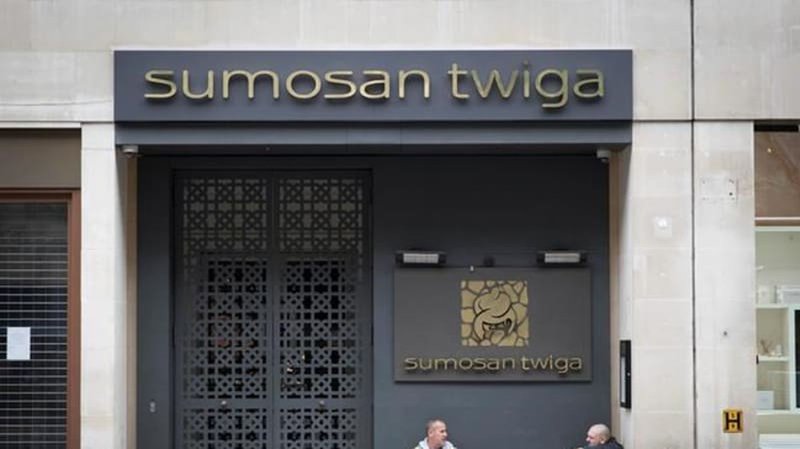
UK economy shrinks 20% in a month to fall back to 2002 level
LONDON — The British economy has seen nearly two decades worth of growth wiped out in a single month as a result of the lockdown measures put in place during the coronavirus pandemic.
The Office for National Statistics said Friday that the economy shrank by a colossal 20.4% in April, the first full month that the country was under lockdown to contain the spread of the virus. All areas of the economy were hit during the month, in particular pubs, education, health and car sales.
The monthly decline was unprecedented in scale and, adding the more modest 5.8% decline in March, means the U.K. economy is around 25% smaller than it was in February.
“This startling fall in activity takes output in April back to around its level in July 2002,” said James Smith, research director at the Resolution Foundation.
